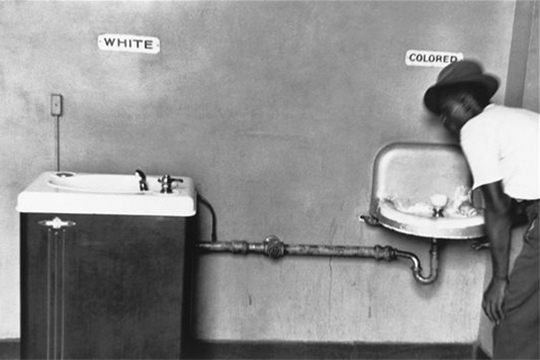No, racism is not over yet, says one of the students participating in the conversation. She has had many experiences of microaggression at the VU during her studies. Microaggression, which can be defined as indirect, subtle, or unintentional discrimination against members of a marginalized group, was one of the topics discussed. The student gives an open account of her experiences with racism while participating in workgroups, attending lectures and in day-to-day encounters in which people have made stereotypical assumptions about her or her family.
The Diversity Office of the VU organised a Zoom meeting to look at Black Lives Matter from the perspective of the Medical Faculty. Students and staff of the VU from diverse backgrounds get the chance to meet each other and talk about their experiences with racism. The 22 participants talk about possible solutions and ways to create awareness.
“They don’t mean to be ignorant, but it still affects me”, she says. She finds it difficult to come up with a response to these kinds of remarks. “Usually I will just laugh it away. In the moment I am not able to find room to address these kinds of remarks.”
These kinds of experiences are usually interpersonal. They happen in a split second, in the space of a few words uttered in the hallway. But for the people experiencing it, those words will stay with them forever and will add up to all the other painful remarks and incidents.
Listen
“It seems like a certain segregation exists among the students, and this already started during the Introduction Week”, another participant says. She experienced that during the Introduction Week, students formed social groups based on shared backgrounds. If there was more inclusion, she explains, there would be less microaggression. “But apparently, creating an inclusive environment is hard.”
‘It seems like a certain segregation exists among the students’
“The Medical Faculty shies away from non-medical topics”, another participant explains. She says she had tried to address her experiences with racism at her faculty before, but was told that it was an issue that had already been dealt with. “How can it be dealt with when I still experience it?” she asked herself. She found it hard to find someone who actually listened to her story. Everybody agrees that it is painful to hear that someone found the courage to speak up against racism, but was not taken seriously. “It is important that people with power listen.”
“To me, it feels like no one wants to talk about microaggression”, another participant states. More visible forms of racism seem to be easier discussed. “But microaggression comes from people who do not mean to be racist, so it is hard for them to admit that their remark was problematic.”
Stand up
“It is hard to stand up for yourself”, one of the participants explains. She says she would like to speak up when something happens that affects her. But when someone says something painful or racist, she finds it hard to correct that person. “I feel like I always have to work a bit harder than my fellow students in order to meet the standards set by Medical Studies”, she tells the other participants. Speaking up is hard enough, but already having a disadvantaged position makes it extra hard.
“It feels like no one listens to individual students”, someone says. The students would like to undertake something against racism, but it is hard to do this alone. It is not clear to them who they can talk to about their experiences with racism. A number of them gathered to come up with solutions against microaggression at the VU, but this turned out to be hard. “We felt like we were stuck, we didn’t know who to go to”, they explain.
‘I just want to know if the teachers have my back’
The Diversity Office provides a platform for students at the VU who want to speak up about their experiences. The organisation is experienced and willing to help. They want to work together with the resistance. “We are here to listen,” they explain, “and we want your voices to be heard.”
Have my back
“I shouldn’t be the one responsible for diminishing racism at the VU”, a student says. She does want to make a change, but in the end, it is not her job. “I feel like the VU already puts a lot of effort into diversity, but there are still other issues that should be dealt with.”
“It hardly ever is a case of unwillingness, people do want to help and make a change. But sometimes they don’t know how,” another participant elaborates. What can bystanders do to address microaggression? “For me, it helps to explain to someone what effect their remark has on me. ‘You said this, but it feels like you said this.’ A bystander could also use this format.”
The participants feel that the teachers do want to help, but don’t know how. “What if there would be a conversation between teachers and students who have experienced racism?” a participant suggests. In this way, the students can speak up about their experiences and the teachers can explain what they can do in situations of microaggression. There is a willingness from the VU and the teachers. “But I don’t know what the teachers know or are able to do”, someone says. “I just want to know if the teachers have my back.”
> Lees ook: ‘Ben je Surinaams? Wat vind je dan van Zwarte Piet?’
